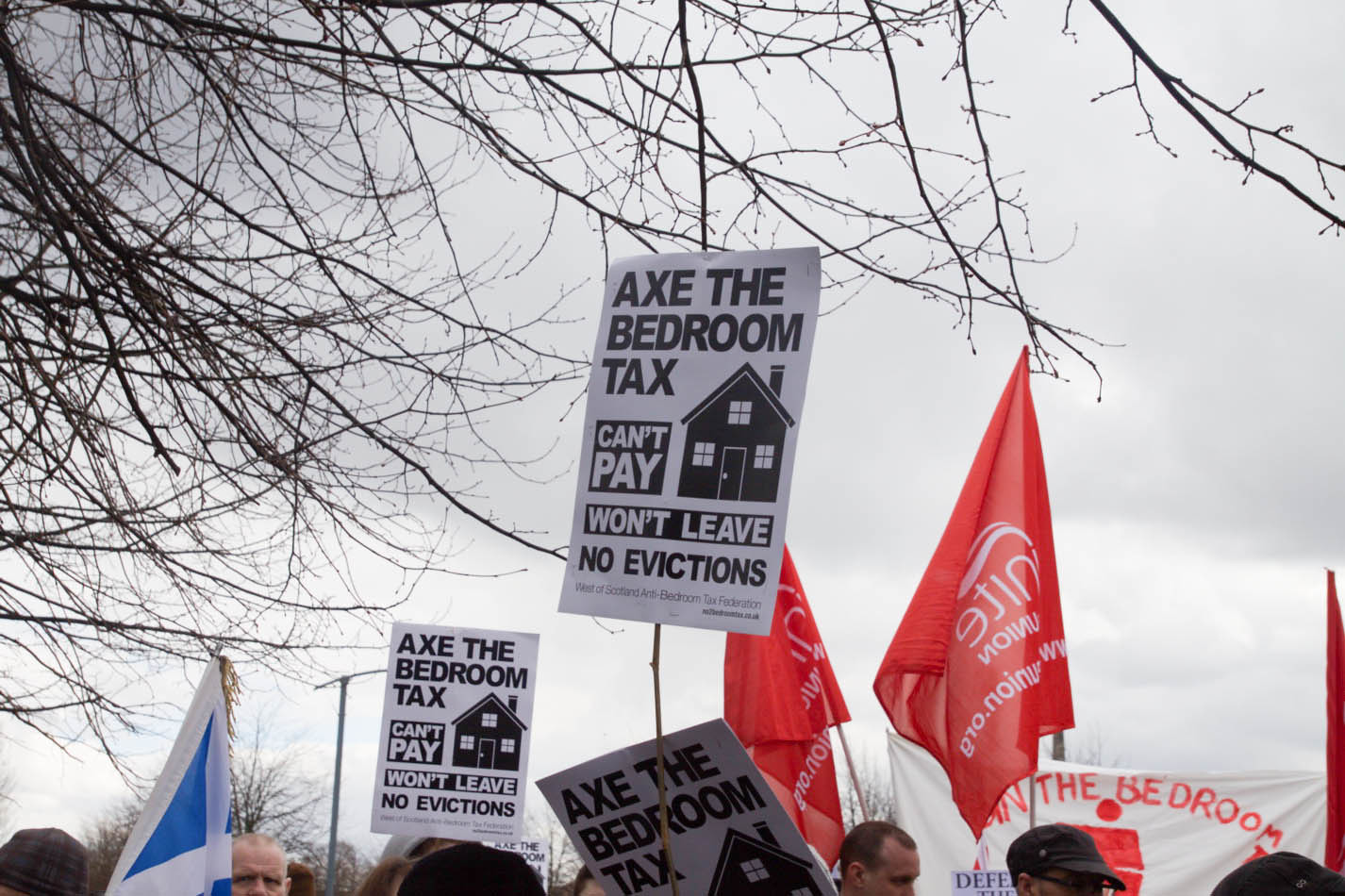Local authorities and tribunals should not reduce a person’s housing benefits – despite the government’s controversial “bedroom tax” regulations – when doing so breaches their human rights.
The Supreme Court unanimously ruled on Wednesday (13 November) that a council had acted unlawfully when it reduced the housing benefits of a man, known only as RR, who is the main carer for his partner who has severe disabilities.
The case centred on whether or not councils and social security tribunals have the power to disregard “secondary legislation” – in other words, law made by ministers such as the regulations which provide for the bedroom tax – where it breaches human rights.
Delivering her judgment, Hale said: “The Human Rights Act is an act of the United Kingdom parliament and takes precedence over subordinate legislation such as the regulation in question… This means that incompatible subordinate legislation must simply be ignored.”
This ruling means that full housing benefit will be restored to RR, as well as 155 other partners of people with severe disabilities across the UK who have taken similar cases to tribunal.
RR and his partner live in a two bedroom flat for which he claims housing benefit. In 2013, their local authority decided that their housing benefit should be reduced by 14 percent because they were deemed to have a “spare room”. However, Lady Hale said “it is accepted” that the second room is required to accommodate medical equipment and supplies.
In 2014 RR took his case to a tribunal, which ruled that this decision had breached the couple’s right to family life and was also discriminatory against couples where one person has a disability compared to those without disability.
His case mirrored that of Jayson and Jacqueline Carmichael, who won a landmark Supreme Court appeal against bedroom tax in 2016. But despite the ruling, Mr Carmichael found that a 14 percent “bedroom tax” deduction had still been made to his benefits.
His efforts to enforce the Supreme Court’s decision through the tribunal were initially successful. However, in a separate but related judicial review, the Court of Appeal found that the first-tier tribunal did not have the power to strike out the “bedroom tax” regulations, even though they had been ruled unlawful.
Earlier this year, RR was granted a so-called “leapfrog” certificate, which meant he could directly appeal this decision to the Supreme Court against the Department of Work and Pensions.
Hale said: “This court rules unanimously in RR’s favour. The local authority in deciding claims for housing benefit, the first tier tribunal and the upper tier tribunal in deciding appeals from the local authority, and the courts in deciding appeals from the tribunal, all have a duty under the Human Rights Act not to act in a way which is incompatible with the convention rights.”
Solicitor Lucy Cadd, who was among the team representing RR, said: “This ruling is of great significance because it not only allows for the case of our client and that of the 130 couples whose cases were stayed behind it to be resolved with the social security tribunals disapplying the bedroom tax to ensure none of those individuals suffer a human rights breach, but also because it paves the way for decision-makers to avoid human rights breaches in other areas.”
Human rights group Liberty, Child Poverty Action Group, and Public Law Project – represented by Herbert Smith Freehills LLP and the Equality and Human Rights Commission – intervened in Mr RR’s appeal to the Supreme Court.







